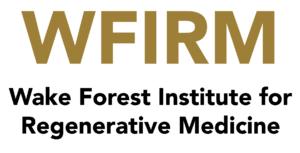Official Master of Science Graduate Program of the NSF Engines PTRME
Translational Biotechnology
Preparing the next generation of STEM and business leaders needed to move new regenerative medicine therapies from the laboratory to the clinic.

The Translational Biotechnology (MS) degree program is now the official MS graduate program of the NSF-Piedmont Triad Regenerative Medicine Engine (PTRME), marking another exciting milestone for students and faculty alike. As part of this prestigious NSF Engine, students in the program will have unparalleled opportunities to collaborate with leading experts in regenerative medicine and biotechnology, gaining firsthand experience in cutting-edge research and innovation. This partnership strengthens the program’s commitment to preparing scientists to drive the development of novel therapies, positioning them to make significant contributions to the field.
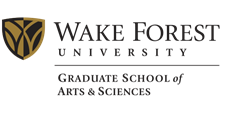 Master of Science
Master of Science
Translational Biotechnology is a full- or part-time MS degree program designed for students coming from a traditional science background as well as students and professionals from non-scientific fields that are interested in biotechnology. The program offers 2 tracks to completion (Research or Business) comprised of 40 credit hours of study. Enrolled students in both tracks need to commit to a minimum of 5 academic terms or 20 months.
Research Track
The research track requires full-time study and has an expectation of on-campus participation in Winston-Salem, NC. Research track students perform research at the Wake Forest Institute for Regenerative Medicine (WFIRM) in support of a thesis.
Business Track
The business track is a full-time or part-time online asynchronous program, designed for working professionals, and does not require full-time residence in Winston-Salem. Business track students work closely with WFIRM faculty and our industry partners in support of a final capstone project.
Program Highlights
- Hosted within the Wake Forest Institute for Regenerative Medicine (WFIRM) in the Innovation Quarter
- Opportunity to perform research with world-renowned faculty at WFIRM
- Students have the opportunity to network and interact with the more than 60 WFIRM industry partners
- Curriculum developed in collaboration with experts from the FDA, the Wake Forest School of Business, and industry partners
At the end of the program, participants will be better able to:
- Understand relevant scientific knowledge related to regenerative medicine
- Outline the process of product development from preclinical testing to use in the clinic
- Apply relevant ethical, regulatory, healthcare industry, and organizational considerations to biomanufacturing
- Lead individuals and teams using relevant knowledge, management, and leadership skills
Through our program, you’ll develop the specific skills needed to:
- Develop new regenerative medicine agents and devices
- Obtain FDA approvals that are necessary for new therapies
- Function as an ethically responsible contributor in a regenerative medicine-centric business atmosphere
Ready to Shape the Future of Biotechnology?
Apply now to the Translational Biotechnology (MS) program and gain the skills to lead groundbreaking therapies from lab to clinic. Whether you’re passionate about research or business, our flexible tracks will prepare you for a dynamic career in this cutting-edge field. Start your journey today!
Program Leadership
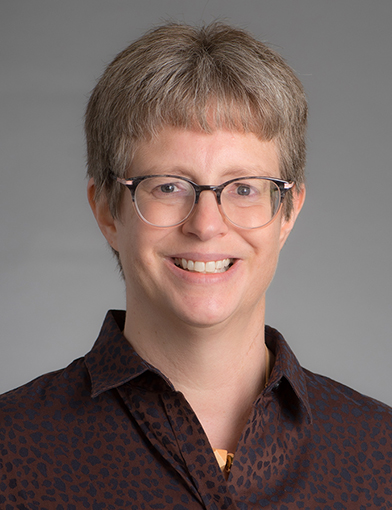
Tracy Criswell, PhD
Program Director
tcriswel@wakehealth.edu
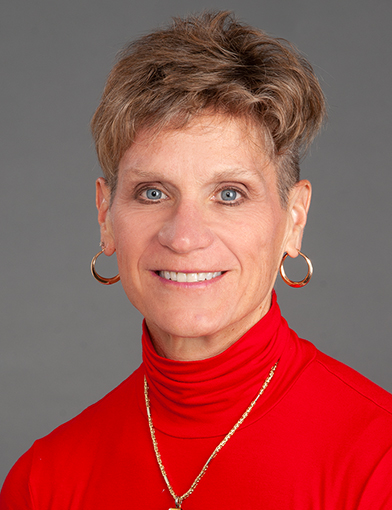
Joan Schanck, PhD
Associate Director jschanck@wakehealthy.edu
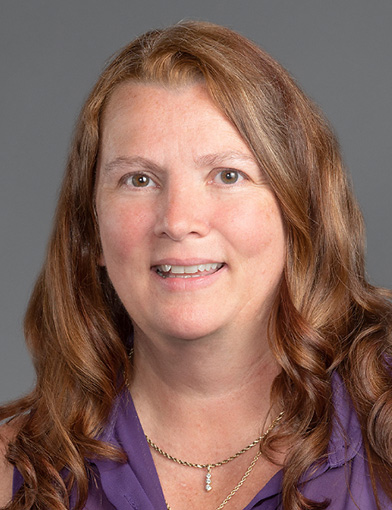
Denise Wolfe
Program Coordinator dewolfe@wakehealth.edu
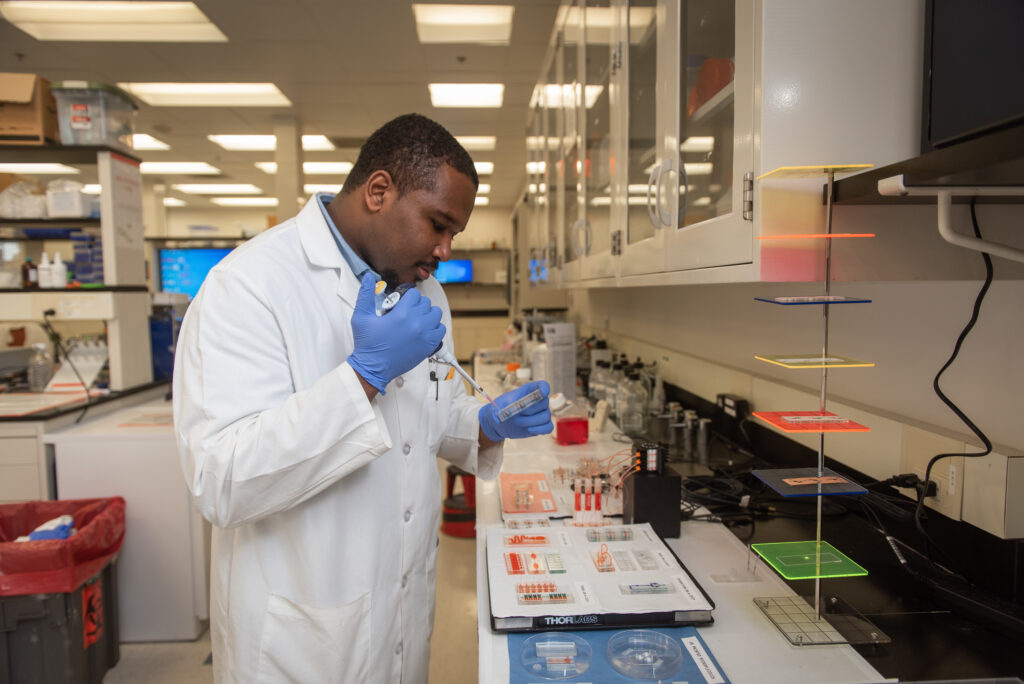
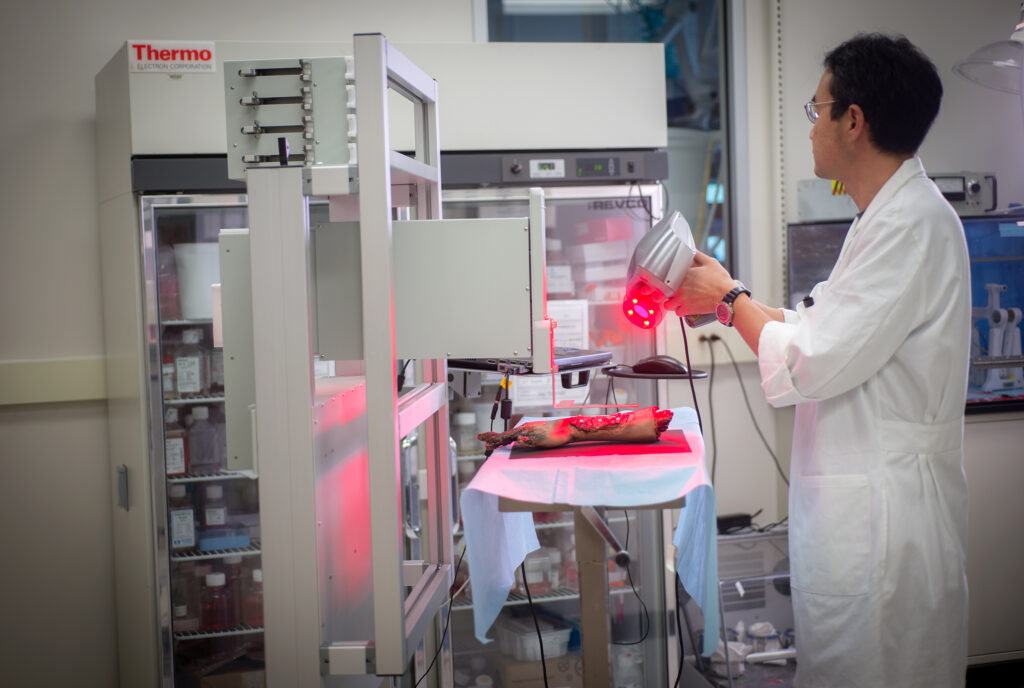
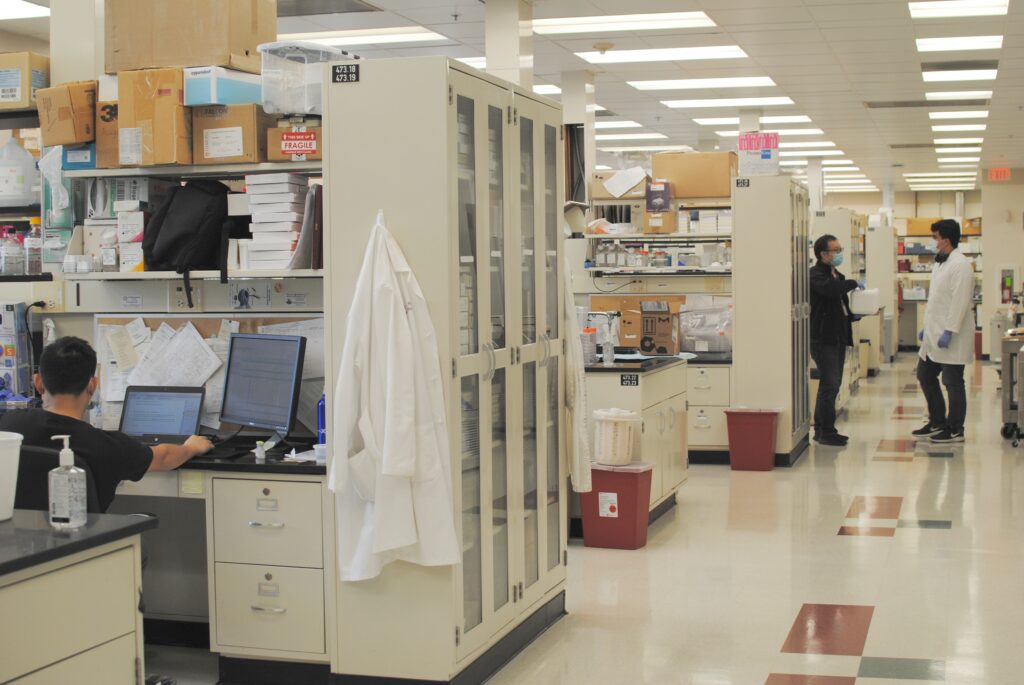
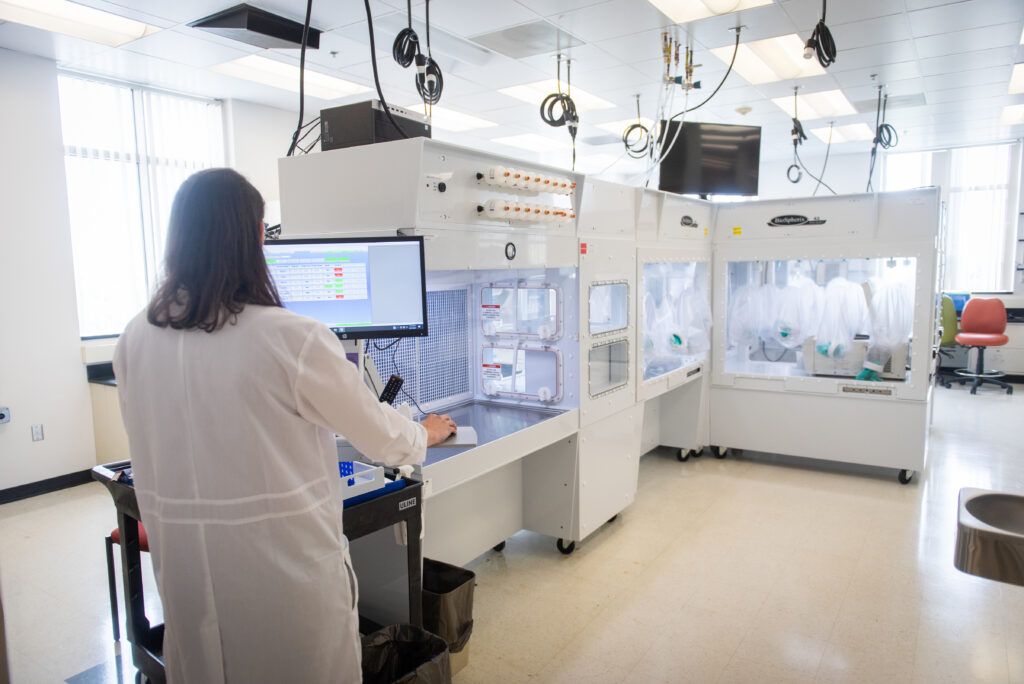
About The WFIRM
The Wake Forest Institute for Regenerative Medicine is recognized as an international leader in translating scientific discovery into clinical therapies, with many world firsts, including the development and implantation of the first engineered organ in a patient. Over 500 people at the institute, the largest in the world, work on more than 40 different tissues and organs. A number of the basic principles of tissue engineering and regenerative medicine were first developed at the institute.
WFIRM researchers have successfully engineered replacement tissues and organs in all four categories – flat structures, tubular tissues, hollow organs and solid organs – and 17 different applications of cell/tissue therapy technologies, such as skin, urethras, cartilage, bladders, muscle, kidney, and vaginal organs, have been successfully used in human patients. The institute, which is part of Wake Forest University School of Medicine, is located in the Innovation Quarter in downtown Winston-Salem, NC, and is driven by the urgent needs of patients.
Why Choose Us
benefit 1
A short description of the benefit.
benefit 2
A short description of the benefit.
benefit 3
A short description of the benefit.
benefit 4
A short description of the benefit.
Client Testimonials




